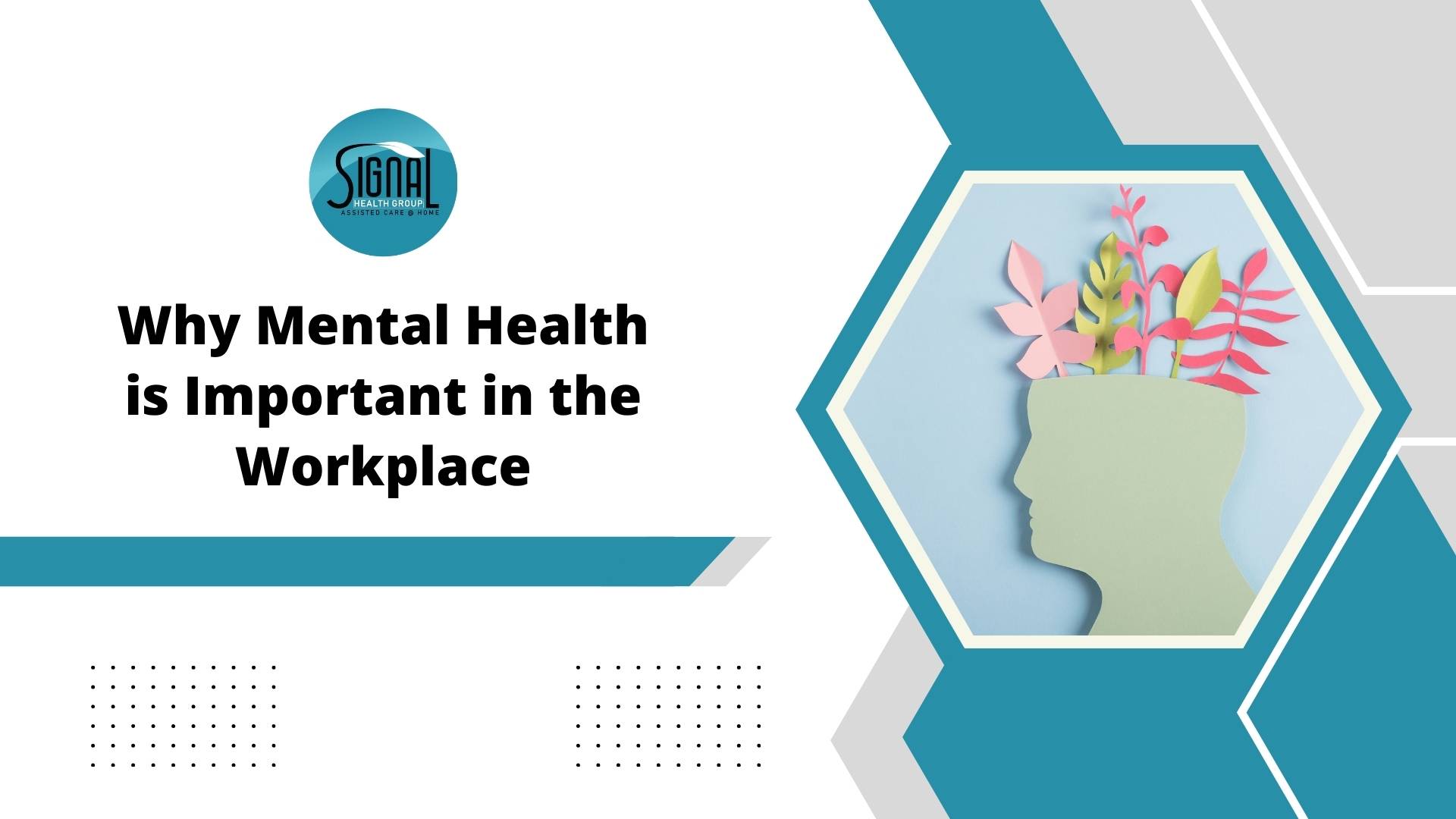
A positive and supportive mental health framework in the workplace contributes to improved productivity, employee satisfaction, and a better organizational culture. As businesses grow increasingly aware of the mental health challenges faced by employees, it has become evident that prioritizing mental health not only enhances individual well-being but also benefits the entire organization. Signal Health Group is committed to advocating for and supporting mental health initiatives that lead to a healthier, more productive workforce.
1. Impact on Employee Productivity and Performance
Mental health directly affects an employee’s ability to perform at their best. Mental health issues, such as stress, anxiety, or depression, can severely impair cognitive function, decision-making abilities, and focus. Employees dealing with poor mental health may struggle to meet deadlines, manage tasks efficiently, or collaborate effectively with colleagues. On the other hand, when mental health is prioritized, employees experience improved concentration, better problem-solving abilities, and an increased drive to succeed. Supporting mental health initiatives fosters a productive workforce that can deliver high-quality work consistently.
2. Reducing Workplace Absenteeism and Turnover
Mental health challenges are a leading cause of absenteeism in the workplace. Employees struggling with their mental health are more likely to take sick days or experience prolonged absences due to stress or burnout. In the long term, untreated mental health issues can lead to higher turnover rates, as employees may seek workplaces with more supportive environments. Companies that prioritize mental health are not only reducing the number of sick days but also increasing employee retention rates by creating a supportive and empathetic workplace culture. Offering mental health resources, such as counseling services or wellness programs, can help reduce the stigma around mental health, encouraging employees to seek help when needed.
3. Creating a Positive Work Culture and Employee Well-Being
A workplace that fosters mental health awareness creates an environment of trust, openness, and inclusivity. When employees feel supported in managing their mental health, they are more likely to feel valued and engaged. This positive work culture increases employee morale, strengthens relationships, and promotes a sense of belonging within the organization. By focusing on mental health, employers can create a more compassionate and empathetic workplace that encourages employees to be their authentic selves, which can boost overall job satisfaction and well-being. A positive workplace culture can also help prevent burnout and reduce stress levels, leading to a healthier and more motivated workforce.
4. Legal and Ethical Responsibility
Employers have both legal and ethical obligations to support the mental health of their employees. Legally, businesses must comply with regulations related to workplace health and safety, which includes addressing the mental health needs of employees. Ignoring mental health can lead to legal consequences, including lawsuits or complaints to regulatory bodies. From an ethical standpoint, organizations have a duty of care to ensure that their employees are working in environments that do not compromise their mental well-being. Providing mental health support is not only beneficial for business success but is also a moral obligation to ensure employees’ well-being and protection from workplace stressors.
Conclusion
Incorporating mental health initiatives in the workplace is no longer a luxury but a necessity. With mental health directly affecting productivity, absenteeism, employee satisfaction, and the overall work culture, businesses that invest in their employees’ mental well-being are bound to see significant benefits. Prioritizing mental health is not just the right thing to do; it’s a smart business decision that can improve the long-term success and resilience of an organization.